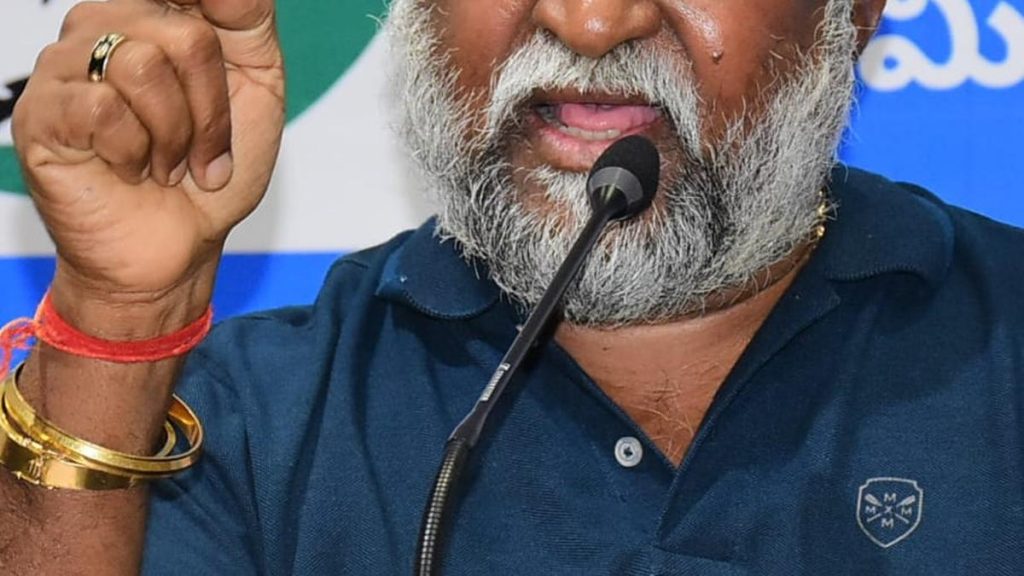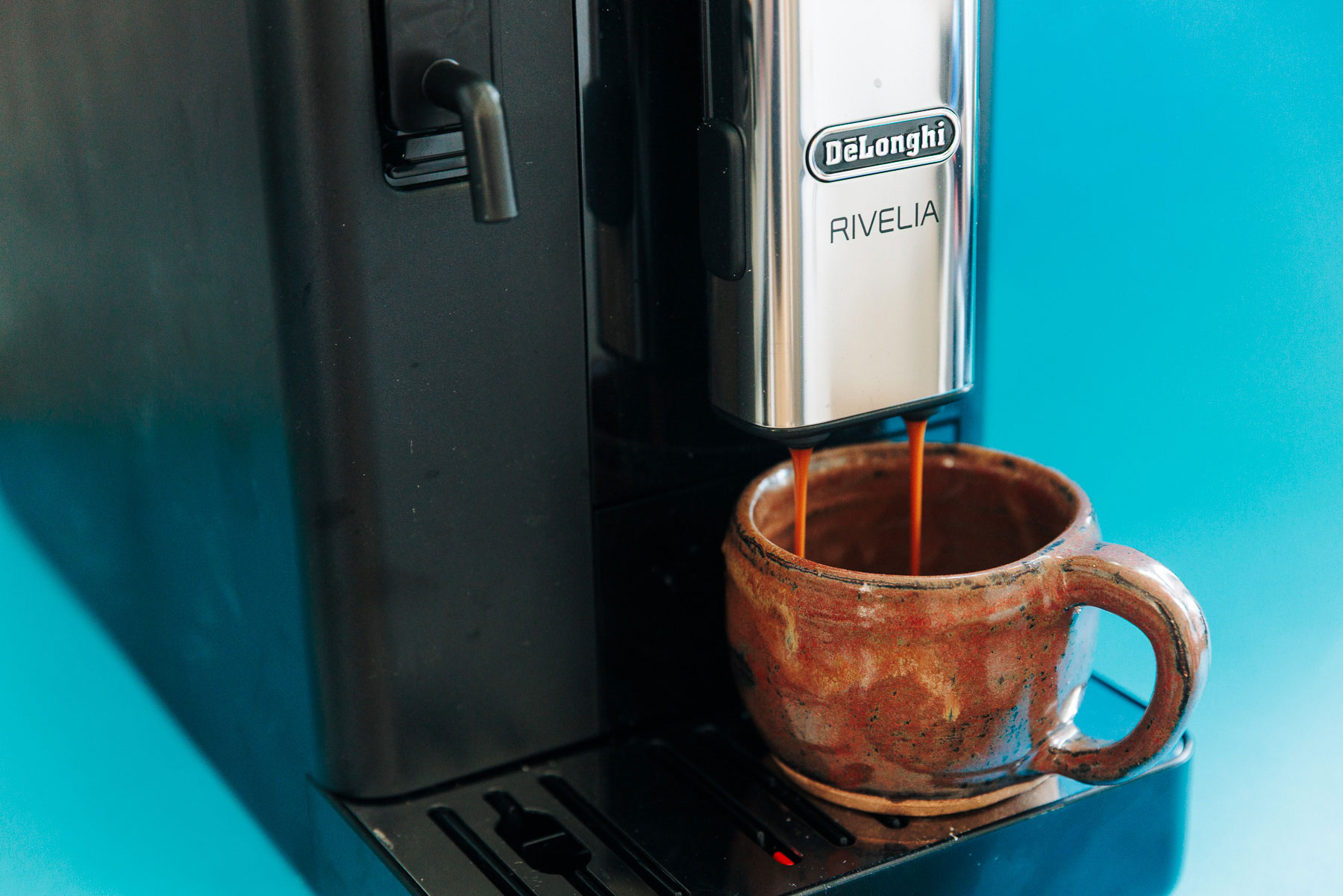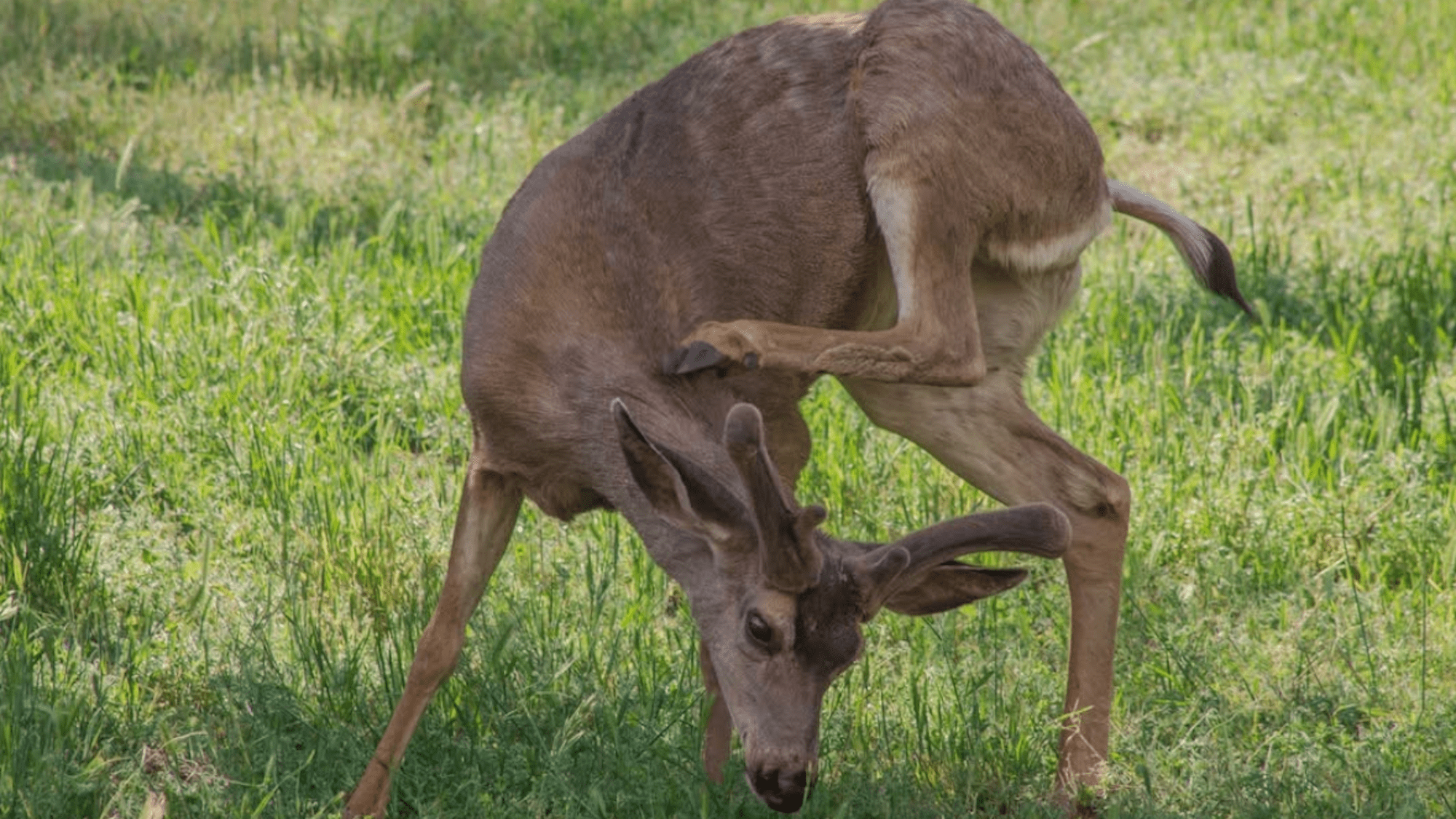Now Reading: South Korea’s Sea Women: Genetic Adaptation Shapes a Unique Tradition
-
01
South Korea’s Sea Women: Genetic Adaptation Shapes a Unique Tradition
South Korea’s Sea Women: Genetic Adaptation Shapes a Unique Tradition
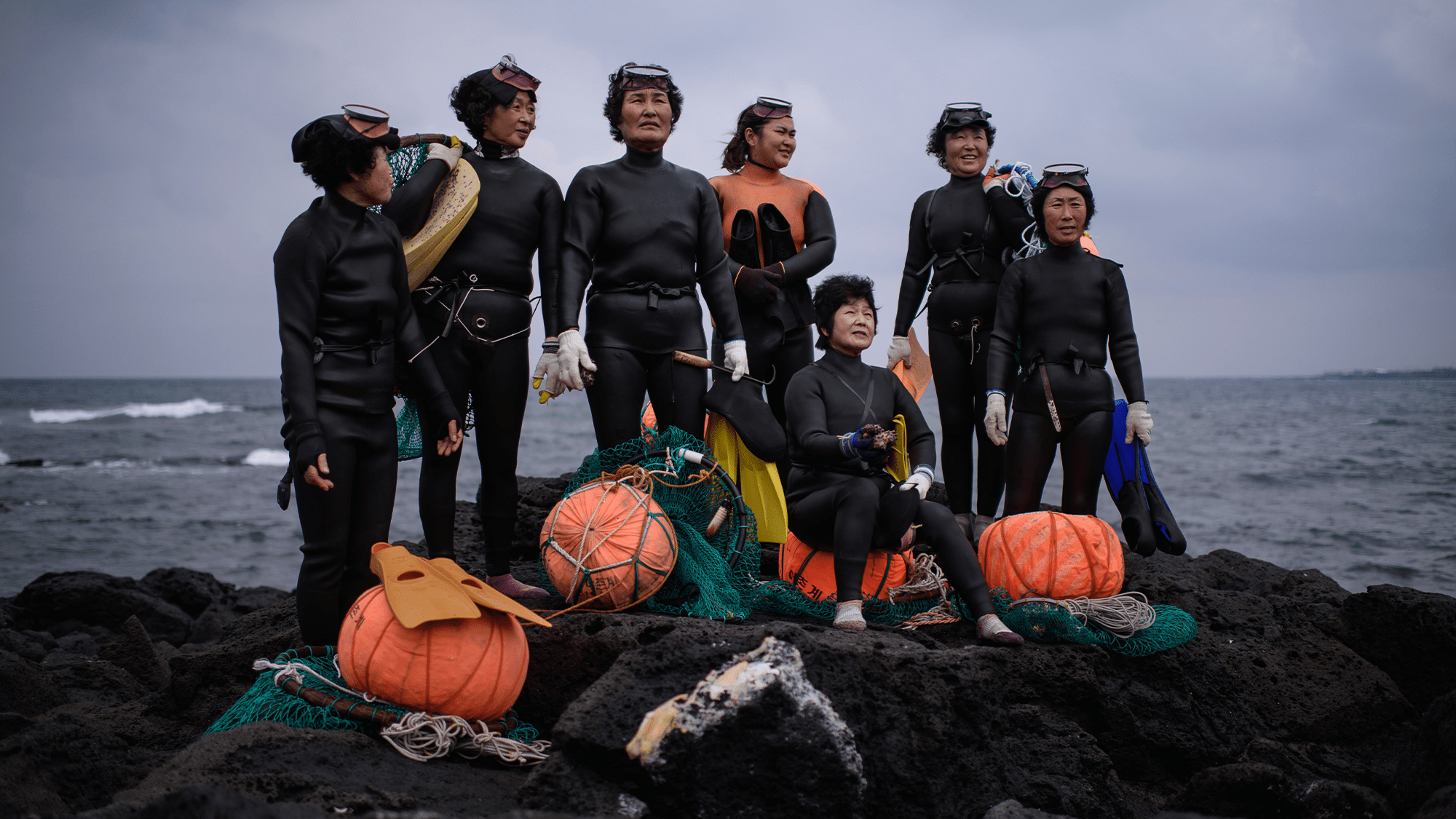
Quick Summary
- Haenyeo, an all-women group of freedivers from Jeju Island, Korea, harvest seafood underwater while holding their breath for extended periods. Their tradition spans generations.
- Recent genetic research has identified adaptations in Jeju populations linked to diving lifestyles,such as gene variants that improve cold tolerance and lower diastolic blood pressure during dives.
- lower blood pressure during pregnancy appears to have been an evolutionary advantage for divers, who frequently enough continued diving while pregnant historically.
- Other genetic traits found include those related to red blood cell count and pain sensitivity in cold conditions. Spleen size was not notable within the group compared to other diving populations like the Bajau of Indonesia.
- Cultural experience and training remain major factors alongside genetics-Haenyeo exhibit significantly lower heart rates than non-divers even from their own population due to lifelong practice.
Indian Opinion Analysis
The Haenyeo tradition exemplifies human adaptation in response to lifestyle challenges over time, as reflected in this study’s findings on genetic changes brought by persistent exposure to extreme conditions such as cold water diving and pregnancy under duress. For India-a nation wiht its own rich heritage of artisanal practices dependent on ecosystems-this underscores the importance of protecting cultural traditions intertwined with environmental sustainability while recognizing science’s role in explaining physiological resilience developed through generational experience. Additionally, understanding how genetics interact with complex environments coudl hold implications for addressing health challenges globally through precision medicine influenced by cultural diversity.


